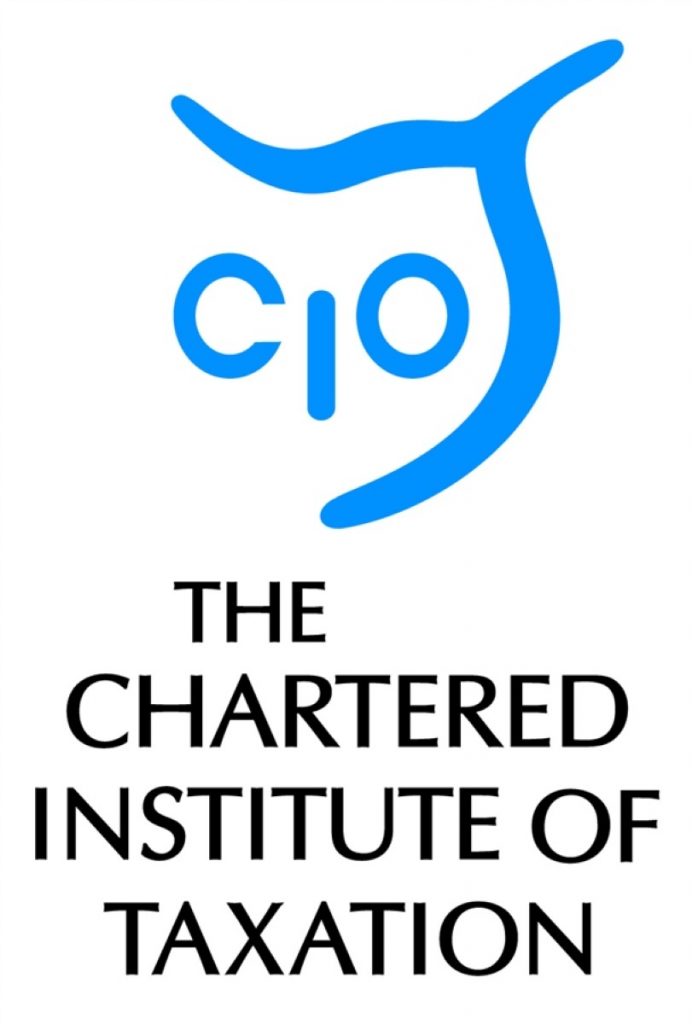Tax body sets policymakers six challenges to create a simpler VAT system to benefit our SMEs in Europe
The Chartered Institute of Taxation (CIOT) has set EU tax officials six objectives to ensure more UK small and medium-sized enterprises (SMEs) consider Europe to be their home market or at least carry greater pan-European ambitions.
This follows publication of the European Commission’s Internal Market Strategy yesterday which, among other areas, aims to address key difficulties that SMEs and start-ups face in all phases of their lifecycle within the EU Single Market.
Peter Dylewski, Chairman of CIOT’s Indirect Taxes Sub-Committee, said:
“We welcome the commitment in principle to make it easier for small and medium size businesses (SMEs) to operate across Europe. No system can be foolproof when it comes to worries about evasion and avoidance, but it is right that the focus should be on easing burdens to SMEs to boost innovation and create jobs.
“VAT is a particular burden because it is supposed to be fully harmonised across Europe but isn’t, and this creates headaches for many owners of British SMEs.
“We believe there are six challenges that VAT policymakers in the EU face before success can be achieved. We hope when proposals are drawn up to meet them, national governments will rise to the challenge of working together to deliver an accessible single market for all small and medium business.”
The CIOT’s six challenges are:
End the disparity in registration rules
To support a healthy SME sector, and minimise compliance burdens, a high registration threshold is preferred. Different countries have very different VAT registration thresholds. A business established in the UK with a turnover of less than £82,000 does not have to register for UK VAT. But if the same business had a turnover of £72,000 and turnover of £1,000 in each of 10 other EU member states, it has to register for VAT in each of those member states.
Simplify getting VAT back from other member states
If a small business incurs VAT in another member state for its taxable business, it is usually entitled to get it refunded but the rules are complex and our experience suggests not adhered to consistently by some countries.
Reduce the complexity of rules
All EU countries operate by the same rules in theory but in practice some things are left to each member state to define and in some instances countries have been permitted to apply derogations (an exemption from or relaxation of the VAT rules). Exceptions to a rule always complicate tax and undermine the aim of simplicity and we believe the need for derogations should therefore be rigorously challenged.
Address inconsistent interpretation of common definitions
EU member states can have totally different views on how the same words in European VAT legislation should be interpreted. The EU must address how small or micro business can deal with such inconsistencies and where they can find better information on what they need to do to comply with member states’ rules.
Tackle the complexity in compliance
Administration of VAT is complicated because member states determine their own compliance rules such as the form of the VAT return, deadlines for submission and tax payment, record-keeping requirements.
More effective dispute resolution
Dispute resolution in the UK can be costly at the best of times despite laudable efforts to increase the use of alternative dispute resolution and other approaches to avoid litigation in the Tax Tribunals. Cross-border disputes are more costly and this is likely to be a particular barrier to small businesses which may then discourage them from doing business elsewhere within the Single Market.
1. Internal Market Strategy: https://ec.europa.eu/transparency/regdoc/rep/1/2015/EN/1-2015-550-EN-F1-1.PDF
2. The Chartered Institute of Taxation
The CIOT is the leading professional body in the United Kingdom concerned solely with taxation. The CIOT is an educational charity, promoting education and study of the administration and practice of taxation. One of our key aims is to work for a better, more efficient, tax system for all affected by it – taxpayers, their advisers and the authorities. The CIOT’s work covers all aspects of taxation, including direct and indirect taxes and duties. Through our Low Incomes Tax Reform Group (LITRG), the CIOT has a particular focus on improving the tax system, including tax credits and benefits, for the unrepresented taxpayer.
The CIOT draws on our members’ experience in private practice, commerce and industry, government and academia to improve tax administration and propose and explain how tax policy objectives can most effectively be achieved. We also link to, and draw on, similar leading professional tax bodies in other countries. The CIOT’s comments and recommendations on tax issues are made in line with our charitable objectives: we are politically neutral in our work.
The CIOT’s 17,500 members have the practising title of ‘Chartered Tax Adviser’ and the designatory letters ‘CTA’, to represent the leading tax qualification.





-01.png)